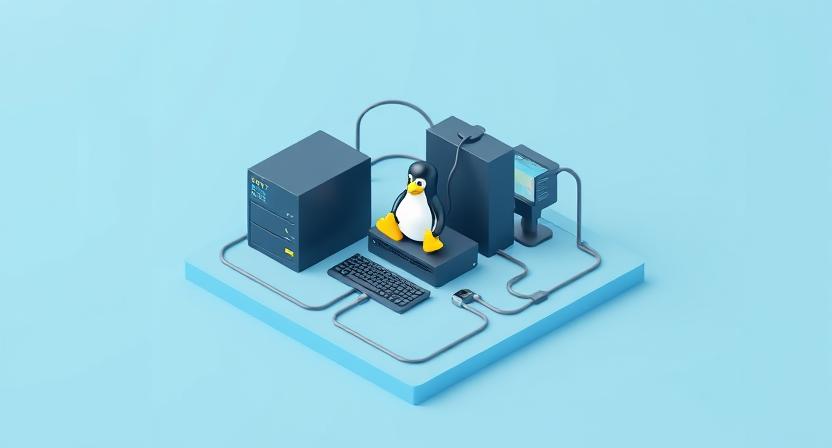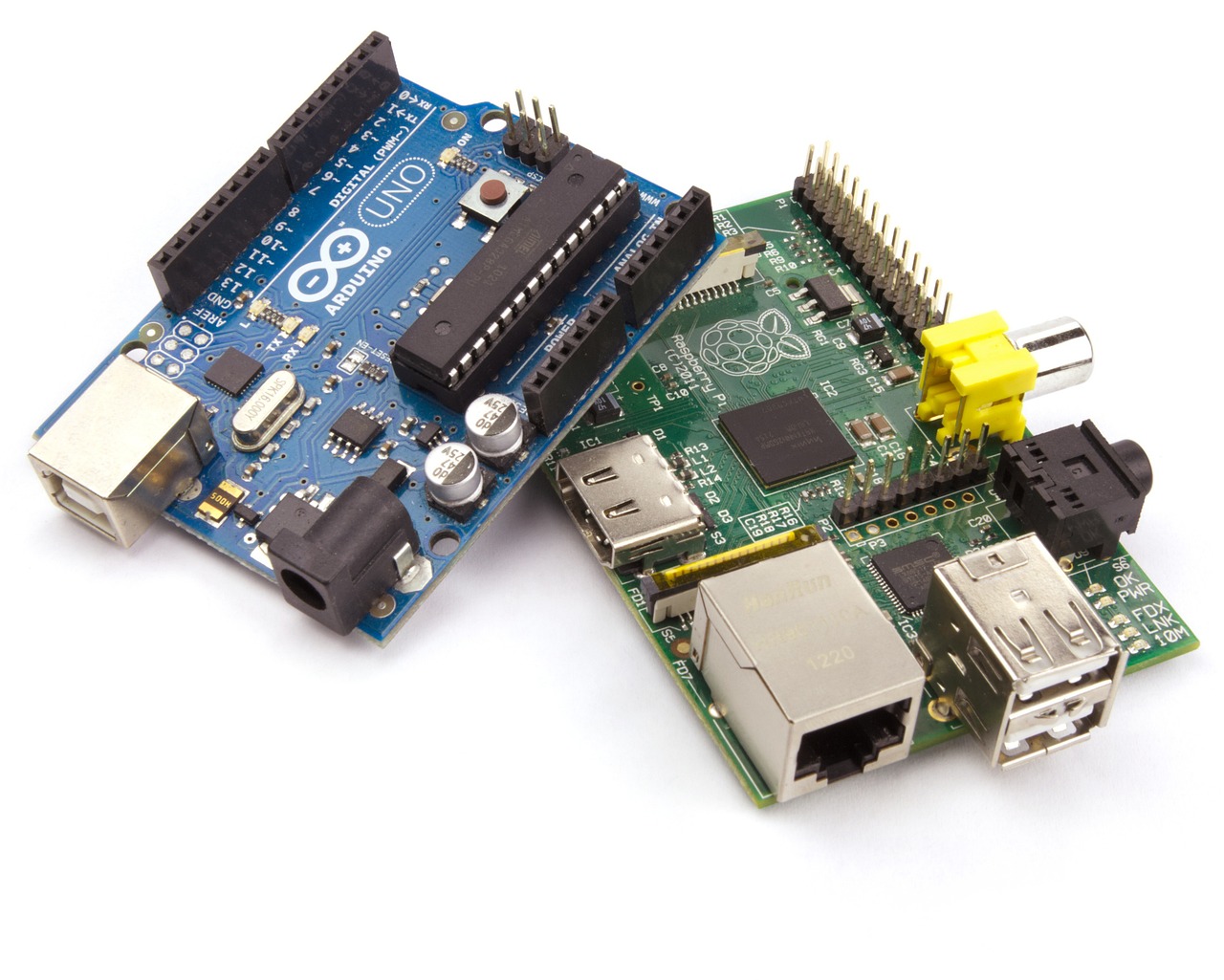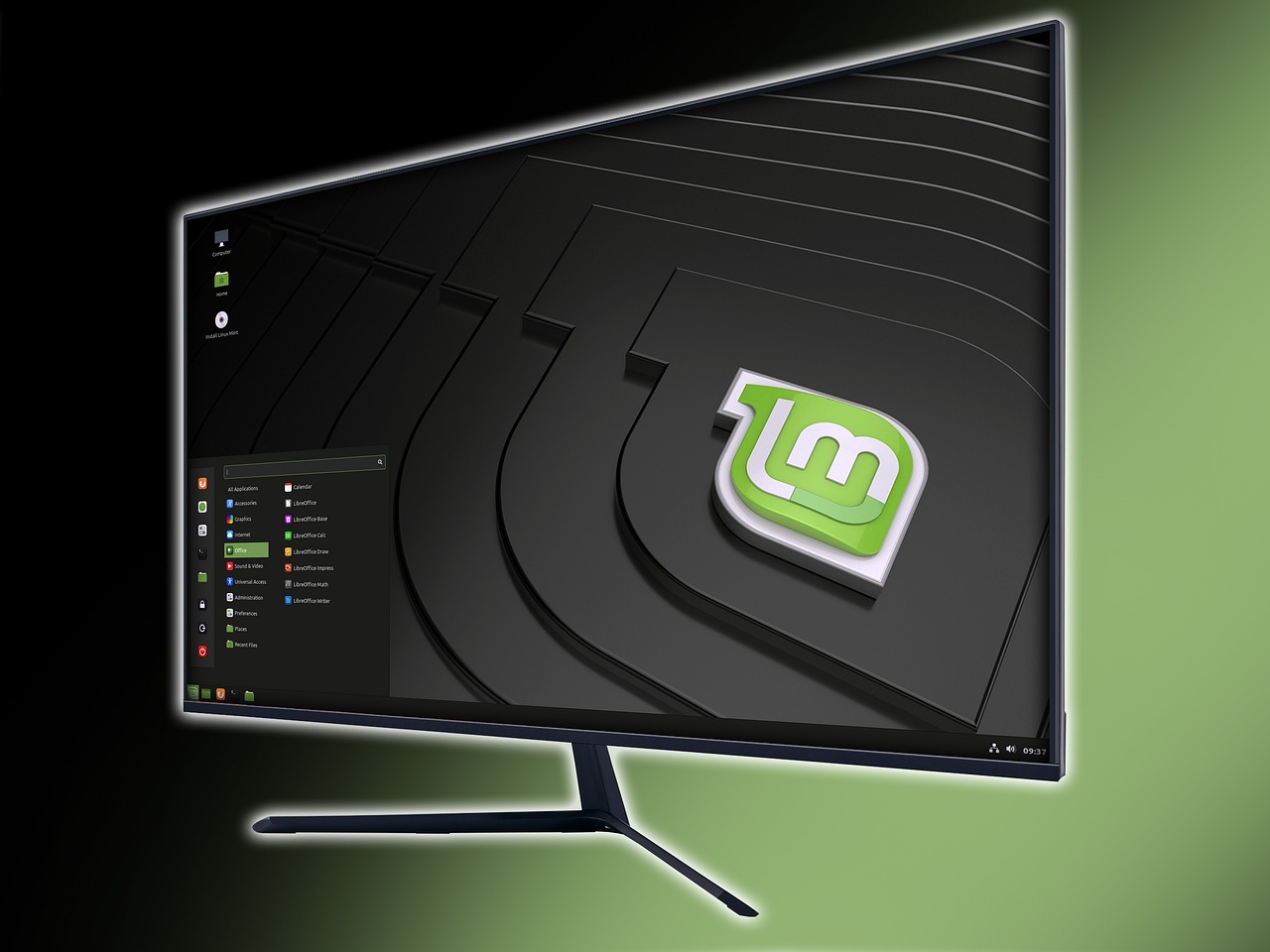In the realm of operating systems, the concept of immutability has emerged as a powerful and innovative approach to enhance security, stability, and ease of management. An immutable operating system is designed with the principle that once it is installed, its core components remain unchangeable. This article aims to elucidate the concept of immutable operating systems, provide examples, and draw comparisons with traditional, mutable operating systems.
Understanding Immutability in Operating Systems
An immutable operating system is built on the idea that the fundamental components and configurations of the system remain constant throughout its lifecycle. This means that the operating system’s core files, libraries, and configurations are read-only and cannot be altered. Any changes or updates are implemented through a process that creates a new, updated instance rather than modifying the existing system.
Key Features of Immutable Operating Systems:
- Read-only File System: The file system of an immutable operating system is set to read-only, preventing any modifications to the essential system files.
- Transactional Updates: Updates are applied transactionally, ensuring that the entire system is updated as a single, atomic operation. If an update fails, the system remains in its previous state.
- Versioning: Immutable operating systems often support versioning, allowing users to roll back to a previous state in case of issues with updates or changes.
Examples of Immutable Operating Systems:
- CoreOS:
- CoreOS is an open-source Linux distribution designed for containerized applications. It follows the principles of immutability and is well-suited for distributed systems and container orchestration platforms like Kubernetes.
- Project Atomic:
- Project Atomic, initiated by Red Hat, provides an immutable operating system focused on container deployment. Atomic Host, based on Fedora and CentOS, employs the concept of atomic updates to maintain system integrity.
- NixOS:
- NixOS is a Linux distribution that embraces the Nix package manager. It allows users to define the entire system configuration in a declarative language, making the system highly reproducible and immutable.
Comparison with Non-Immutable Operating Systems:
- Security:
- Immutable operating systems enhance security by reducing the attack surface. Since critical files are read-only, the risk of unauthorized modifications is significantly mitigated compared to mutable systems.
- Stability:
- Immutability contributes to system stability by ensuring consistent behavior. Updates are applied in a manner that reduces the likelihood of conflicts or compatibility issues, leading to a more reliable operating environment.
- Rollback Capability:
- Immutable systems often offer the ability to roll back to a previous version, providing an effective safety net in case of issues with updates. This is in contrast to traditional systems where updates may be irreversible.
- Ease of Management:
- Immutable systems simplify management tasks by making the system’s configuration explicit and reproducible. This facilitates easier automation and reduces the chances of configuration drift.
Conclusion
Immutable operating systems represent a paradigm shift in the design and management of operating systems, offering enhanced security, stability, and manageability. While traditional mutable operating systems continue to be prevalent, the adoption of immutability is gaining traction, especially in environments where consistency, security, and ease of management are paramount. As technology evolves, the principles of immutability are likely to play a crucial role in shaping the future of operating systems.
How to Set Up a Linux Web Server: A Complete Step-by-Step Guide
In today’s digital world, a web server is essential for hosting websites, applications, and online s…
The Top 5 Operating Systems for Raspberry Pi in 2025
The Raspberry Pi is one of the most beloved tools in the world of DIY computing, electronics, and pr…
The Top 15 Linux Distros in 2025 – What’s Hot Right Now?
Curious about which Linux distributions are leading the pack in 2025? Based on the latest rankings f…


